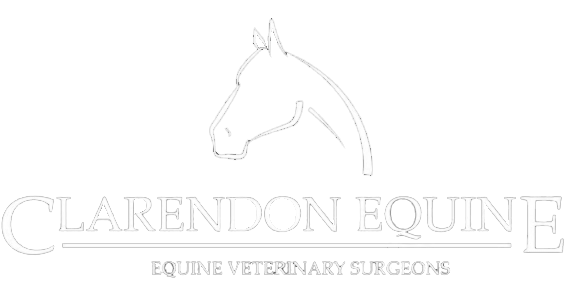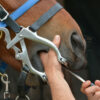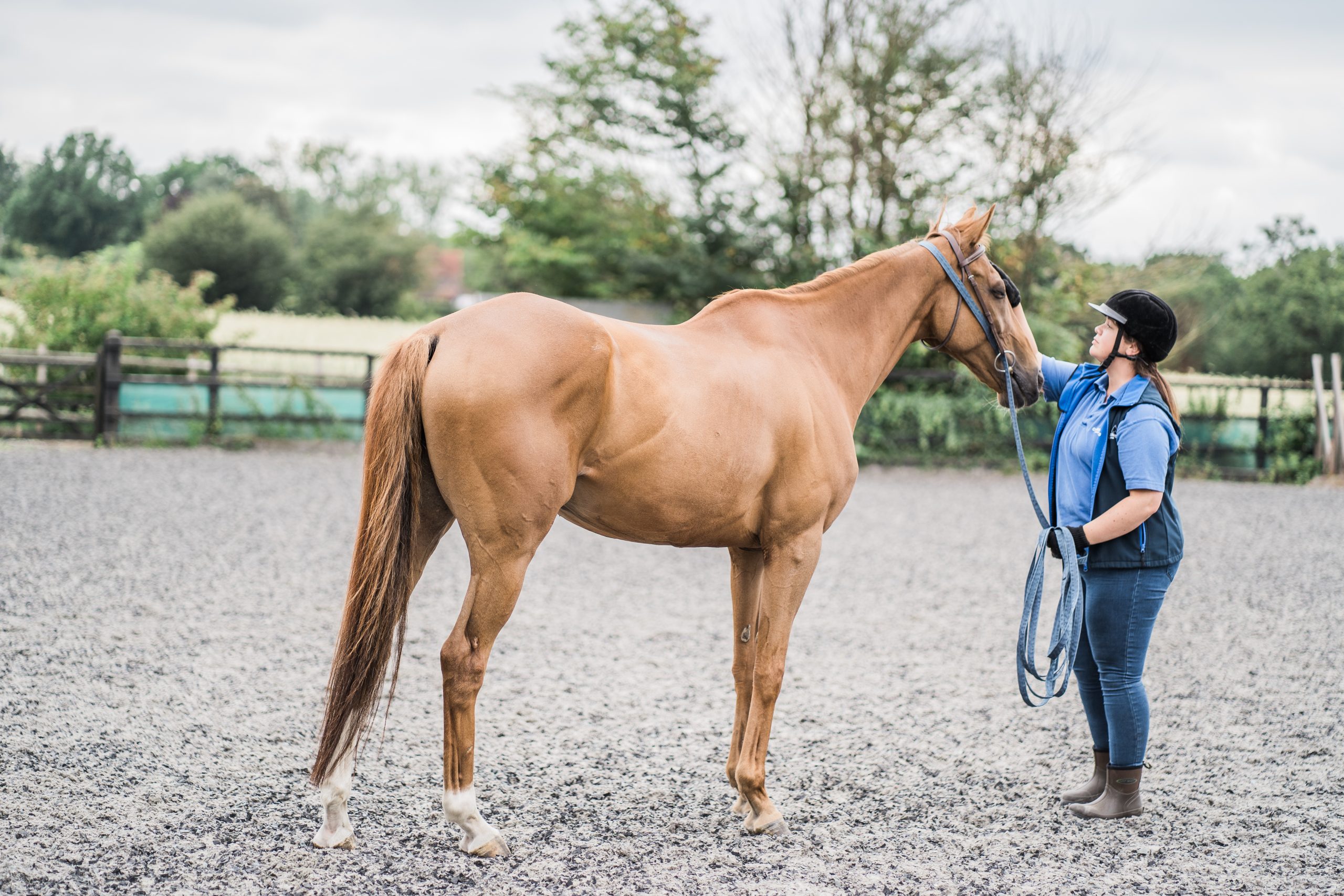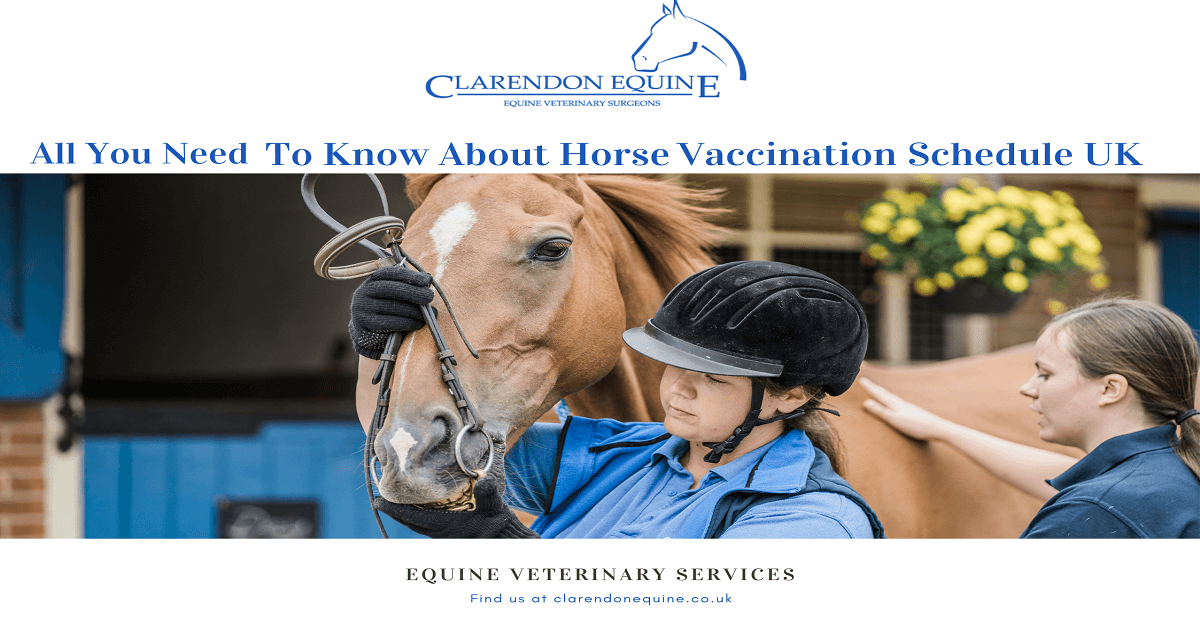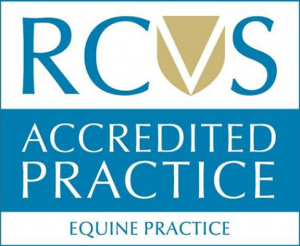Often more than not, horse owners tend to be overly cautious about vaccinations. As horse owners, we understand the concern. But there’s nothing to be too concerned about! Before we dive into the reasons why you should vaccinate your horse, we have to look at what surrounds the outline of vaccination.
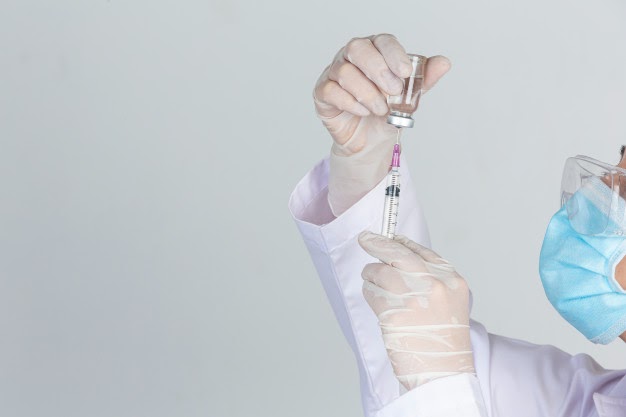
What You’re Up Against:
Although there is a wide range of diseases out there such as the Equine Herpes Virus (EHV), Potomac Horse Fever, Strangles, and many more. The most common(and supposedly, the deadliest if not taken care of) is the flu. According to the British Horse Society, flu viruses such as the Equine Influenza(EI), are extremely quick to spread within a team via direct and indirect contact. Usually, the viruses are inhaled through the nostrils where it survives by invading the lining of the upper airway. This causes further inflammation there. The blockage mainly occurs in an area where the voicebox(larynx), the passageways into the lungs(bronchi), and the windpipe(trachea) rest. For a mammal such as the horse, this could be heavily detrimental to its respiratory system.
The reason for which this should be alarming is at the rate the virus destroys the cells, which make up the lining of the airway. The reduction of the capability for the airway to clear away any mucus is apparent almost immediately. The common symptoms for the EI are mild lethargy, nasal discharge, harsh and dry coughing, a sudden increase in body temperature(41℃) for up to three days, and a loss of appetite.
If you notice these symptoms, it would be best to contact your nearest equine veterinary facility right away. If immediate care is not taken, then the virus will spread throughout the stable and end up infecting a great many numbers of your horses. To avoid this from happening, a vaccination from your equine vet might just be the most simple and cost-effective solution.
How Do Vaccinations Work?
A vaccination carries antigens, the type to cause diseases. However, they are not harmful to the subject because these antigens are slightly tweaked to not cause the actual disease. But, they are still recognisable to the immune system. This stimulates a response within, making it think that it is under attack. As each of these vaccinations is taken, the immune system keeps creating killer cells and antibodies to fight the ‘disease’.
Memory cells are made as well during this period. By the time a third shot is injected, the cells are primed to fight against the actual disease. This way, when a natural disease does storm by, the cells are prepared to tackle the task at hand with rigorous speed and efficiency. It is this speed and efficient response, as a result of the vaccination, which helps the horse recover much faster while avoiding the spread of deadlier viruses at a later stage.
How Powerful Are These Vaccinations?
Like every human being, each horse is different and therefore has a different response to vaccinations. Vaccinations are never a 100% guarantee. However, outbreaks within vaccinated horses are rare. The best way to reduce the further spread of diseases and possibilities of outbreaks is to vaccinate almost the entire herd and to manage a complete vaccination program. Following strict procedures of maintaining hygiene and good stable management can also help subdue the spread of diseases.
Why Should You Vaccinate Your Horse?
Even though one of the biggest reasons have been mentioned above, these points are worth noting if you still have some questions lurking about:
-
Prevents further spread of diseases
No matter who says what, as explained above, vaccination is a wonderful and effective way to control disease outbreaks. It has been said that outbreaks of deadly infectious diseases such as the Tetanus, Equine Herpes Virus, and Strangles can easily be prevented if proper guidance is used.
-
Expect a call from the insurance office and the bank
Chances are high that your insurance policy will expire, and soon you will have to cover all the expenses by yourself. The cost of treatment outweighs that of the vaccinations.
-
Prevention of future costly expenses and unnecessary suffering
It is no secret that vaccinations are cost-effective. On average, your first vaccination shots start from £38. Let’s say, you decided to take the risk and not pay for any kind of vaccinations. By the time the poor horse is suffering horribly on its own, the cost can go up as high as £5,000 on average. Your horse might not even make it, so why even make him go through such a strenuous process?
-
Prevention of yard closures and lockdowns
Once your horse has been diagnosed with an infectious disease, the entire yard has been put under lockdown. Other horses who had been in contact with the infected horse have to be separated in a different place. Even those who were not in contact have to be placed under supervision in a safe compartment.
-
Let a man practice the profession which he best knows
A horse is a living breathing mammal. When it comes to his health, it would be best to consult an equine vet rather than explore the area for yourself. A professional equine veterinarian would know exactly when, where and how to inject a vaccination into your horse’s body. For example, you decided to vaccinate your horse yourself, and he has started to react oddly to it. In that case, you might not know what to do in the situation and end up sabotaging your horse’s health. Therefore, it is advisable to contact horse vets or an equine hospital near you so that you can know what the right step for you to take is.
Conclusion
We hope this writing helped you understand why vaccination is an important step in every horse’s lives. If you have any more questions or think of any other reason why your horse should get vaccinated, write to us! For more information about which vaccinations are available for your horse, look at this article.
